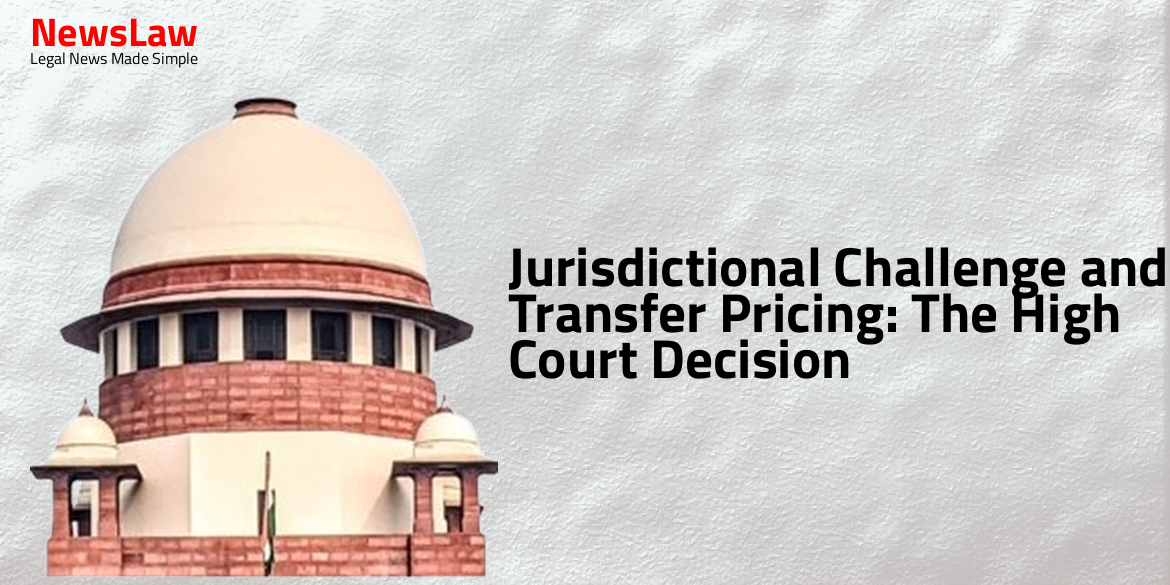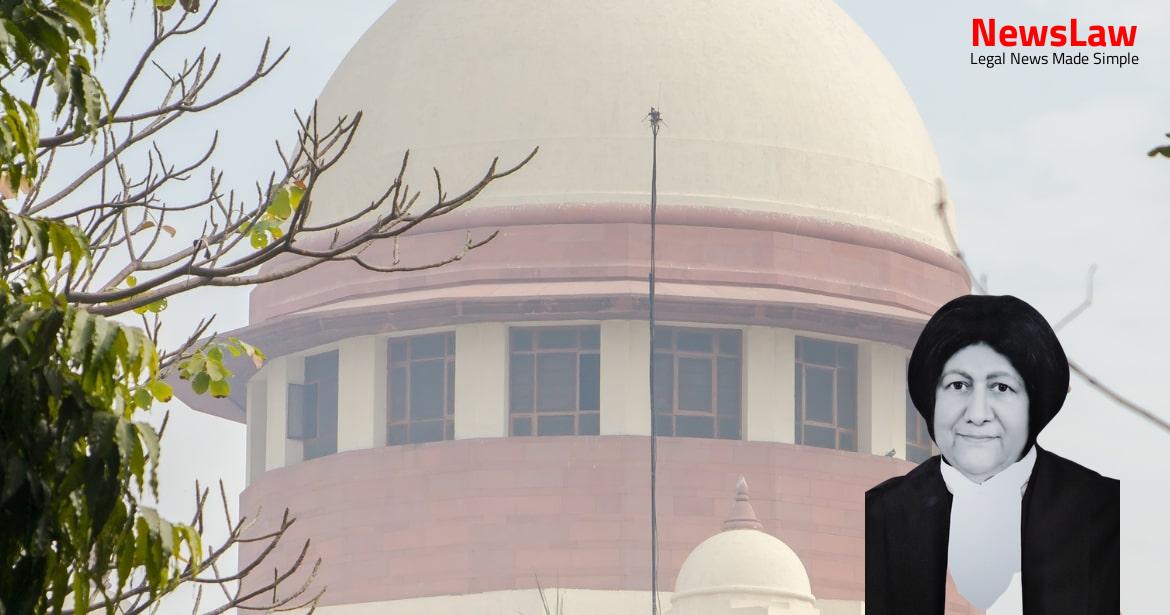No 22 of 1986 was filed by the appellants herein seeking partition and separate possession against their father late Srinivas Shetty and the purchaser of suit schedule property, namely, Mudegowda (the deceased respondent) who was arrayed as 2 defendant.
Also Read: https://newslaw.in/case-type/civil/inherent-jurisdiction-and-invalid-decree-a-case-summary/
No 448/1987 against Mudegowda for perpetual injunction in respect of suit schedule property, which suit came to be dismissed on 22.08.1988 whereunder it was held that Mudegowda possessed a valid title to the suit property and the sale deed executed by Srinivas Reddy in favour of Mudegowda had not been challenged.
No 69 of 1994 for possession which came to be dismissed vide order dated 17.7.2003 on the grounds of : (a) suit being bad for non-joinder of necessary parties; and (b) suit was barred by limitation.
The High Court had erroneously allowed the appeal ignoring the fact that suit for possession by Mudegowda was filed 22 years after the execution of the sale deed on 26.1.1966 which ought to have been filed within 12 years from the date of execution of the sale deed as prescribed under Article 64 of the Limitation Act, 1963. The prime ground on which the learned Trial Judge recorded a finding that plaintiff/the deceased respondent, was not in possession of the suit property was on account of Katha of suit property having not been transferred in the name of the plaintiff, though the tax paid receipts reflected the name of the plaintiff.
So far as the question of limitation is concerned, the suit filed by a party for declaration of title cannot be dismissed when the suit filed by him is well within 12 years.
If a suit is instituted by the plaintiff pursuant to a finding in the earlier suit between the same parties, within six months from the date of disposal of the earlier suit, under no stretch of imagination, the suit of the plaintiff could have been held as barred by limitation by the Trial Court. The mother of the defendant who entered the witness box as DW-1 has deposed that she was in possession of the suit property 14 years prior to the recording of a deposition which was in the year 2002.
The statutory provisions of the Limitation Act have undergone a change when compared to the terms of Articles 142 and 144 of the Schedule appended to the Limitation Act, 1908, in terms whereof it was imperative upon the plaintiff not only to prove his title but also to prove his possession within twelve years, preceding the date of institution of the suit.
Also Read: https://newslaw.in/case-type/criminal/conviction-upheld-for-murder-and-concealment-of-body/
It is apt and appropriate to note at this juncture that appellants herein had failed to establish that they were in possession of the suit schedule property to claim the relief of adverse possession.
Case Title: PRASANNA Vs. MUDEGOWDA (D) BY LRS (2023 INSC 440)
Case Number: C.A. No.-005217-005217 / 2011



